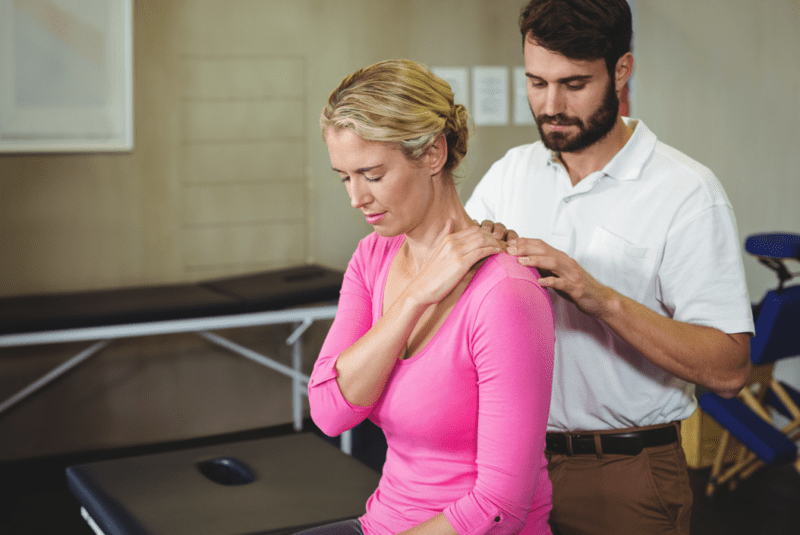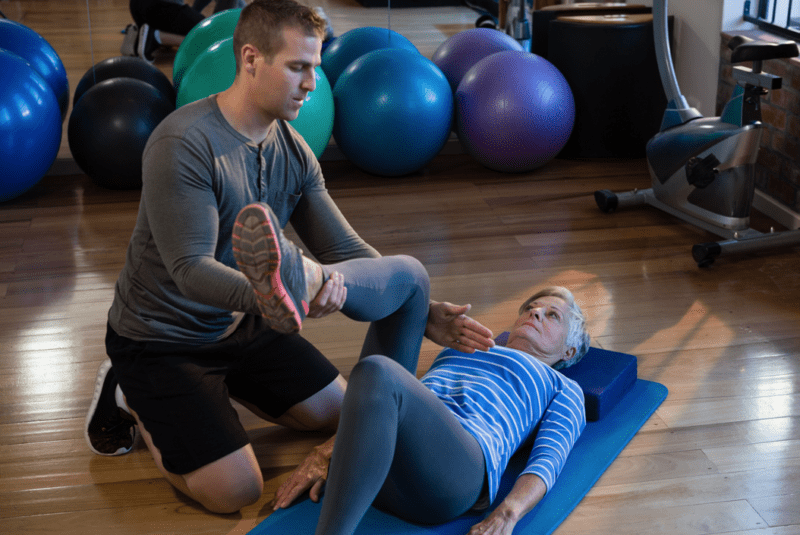One of my favourite parts of being a physiotherapist is that I get to work with people from all walks of life and have a great opportunity to get to know them really well.
Increasingly over the past few years there has been a big shift towards an extremely warranted utilisation of a Bio-Psycho-Social (BPS) approach to healthcare, and my profession, physiotherapy, is no exception to this.
What is the BPS approach I hear you ask?
Well, in simple terms, the BPS model is a way of working with our clients that considers the person we are treating and not just their injury, this is in contrast to the bio-medical model of health, which has been used for many years, which basically puts the injury at the forefront of treatment rather than the person with the injury.
Basically, it’s the difference between;
“this injured shoulder I’m working on at the moment”
and
“this is Karen, she has 3 kids, works a stressful job and is worried she’ll never play her favourite sport, tennis, again, due to her current shoulder issue”

Bio-Psycho-Social in detail
To look at this a little more closely, the BPS model still looks at the biology of the injury injury/pathology (Bio), but it equally, and in many cases more so, takes into account the non-physical aspects of the person including the psychology (Psycho) of the person such as their anxiety, stress levels or beliefs about pain and also the social environment of the person (social) such as the support structure they have around them from family and friends*.
*this is a very short list of the elements that fit into each of these categories of the BPS model
What this means practically is when you come to see me as a physio I will very likely ask you about how stressful your job is, and what you do to manage your stress, if you’re sleeping well, if there is anything stressful going on at home or how worried/fearful you are about your injury.
Now at this stage you may be scratching your head and wondering “why are these things important for my sore knee/back/shoulder…..?” or “why the hell is my physio asking me that?”
Well, these are great questions! There are a number of reasons why these things are important, but the key reason for me is that when we are in states of stress, we are far more likely to get injured or feel pain. The two big reasons this occurs are;
- All pain is produced by our brain (yes, always) – so when we are stressed our brain gets “hyped up” and is more likely to produce pain (think about when you haven’t slept very well and you feel those little aches just that bit more)
- When we are stressed our body releases “stress hormones”, the main one being cortisol. Sustained heightened levels of cortisol doesn’t allow our tissues to heal properly, it leads to heightened levels of inflammation and weakens our immune system – all of which make us more susceptible to injury.

Utilising the Bio-Psycho-Social approach
By utilising a BPS approach to dealing with you and the injury you are currently experiencing I get to know you well, meaning we can identify and work on non-physical stressors that can be affecting your injury (along with the physical ones of course!), it also means you feel far more comfortable with me which reduces stress and anxiety, again leading to more positive outcomes.
So, the next time you head off to the physio and we start asking you about how you’re sleeping, how stressful things are at home or how anxious you feel at the moment, we’re not trying to be nosey! We’re trying to work as holistically as possible to get you back, pain and injury free, as soon as possible.
By Reece Noble – BPhysio, MExSci(S&C)
Physiotherapist
If you have any questions or would like to speak to a physiotherapist to see if we can help please feel free to contact us at info@complete-physio.co.uk
Don’t let pain hold you back, book now!


